On May 20, 2014, same-sex couples in Pennsylvania were granted the freedom to marry. And without a stay accompanying the ruling, marriages could commence among same-sex couples immediately. With freedom to marry also comes the ability to divorce and, as with any separating couple, issues regarding children are of the utmost concern.
In any situation, the best interest of the child or children comes first in the eyes of the court. But how are custody and visitation impacted if only one person is the biological parent? Or will the courts view the situation differently if there is only one adoptive parent vs. two?
If a child is born to a couple who is in a marriage or civil union, he or she is generally presumed to be the child of both parents. This may not be honored in all states, however, so it is usually recommended that the non-biological parent also legally adopt the child.
If neither member of a couple is the biological parent, then both parents legally adopting the child is the best option. This way both are legal parents and have equal standing should issues of child support or visitation arise in the future.
The scenarios above are not always possible, however, in which case the parent who is not “legal” by birth or adoption has limited options. This is when it is important for both parents to remember that, regardless of the law, children can develop strong attachments to both caregivers. Therefore, it is vital to do what is best for them despite personal grievances, including attempts to find a workable parenting plan outside of court.
Source: Freedom to Marry, Pennsylvania, last accessed April 17, 2015


